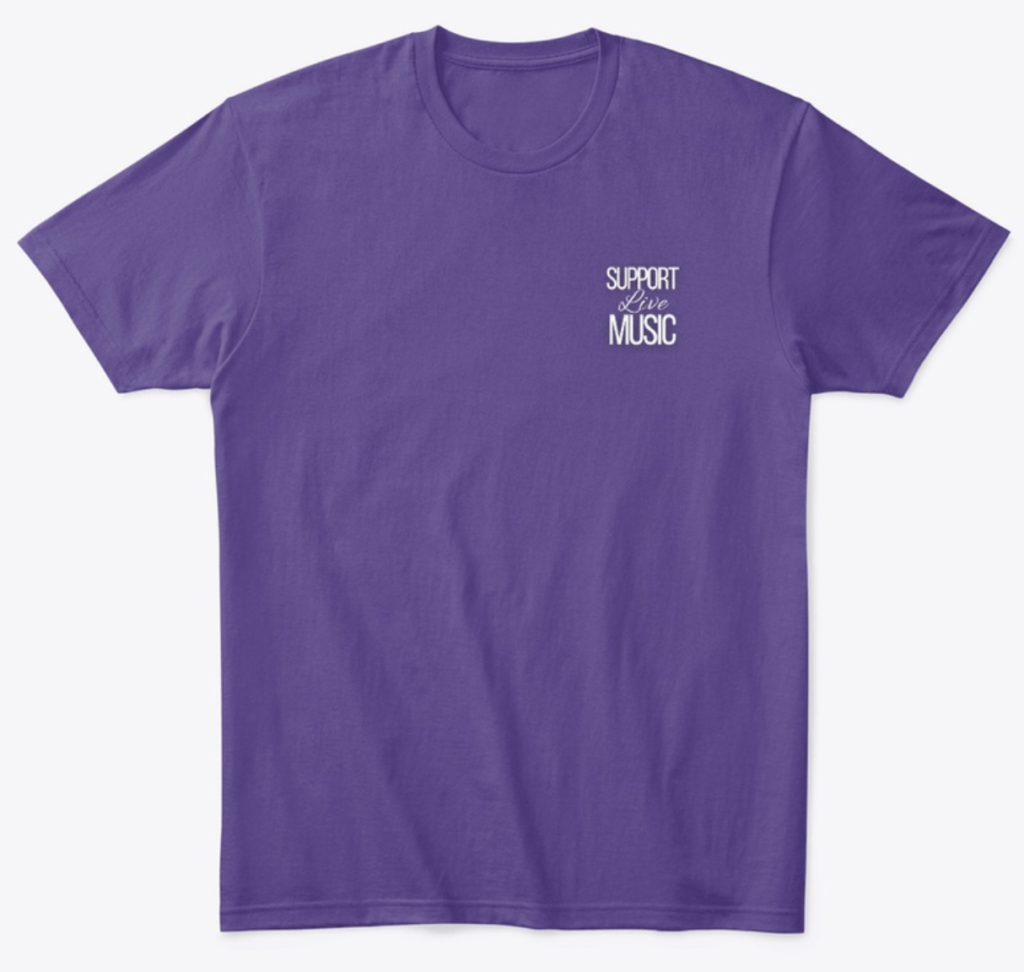Shure has long been a household name in the industry. Two of their most popular models, the Shure SM58 and the Shure Beta 58, are often a subject of debate. Both mics are known for their durability, sound quality, and versatility, but there are subtle differences that might make one more suitable for certain applications than the other. In this article, we’ll take a closer look at both mics, comparing their features, performance, and best use cases.
1. Design and Build Quality
Shure SM58: The SM58 is renowned for its rugged construction. With its spherical steel mesh grille and robust handle, this microphone withstands the rigors of busy working musicians. The iconic dark gray finish is classic.
Shure Beta 58: The Beta 58 also boasts a sturdy construction but comes with a slightly sleeker design. The grille is made of hardened steel and Its blue ring differentiates it from the SM58.
2. Polar Pattern
Shure SM58: The SM58 features a cardioid polar pattern. This means it picks up sound primarily from the front and rejects sound from the sides and rear. This design reduces unwanted background noise.
Shure Beta 58: The Beta 58, on the other hand, has a supercardioid polar pattern. This offers even tighter sound pickup from the front and provides better isolation from other sound sources, making it ideal for louder stages.

3. SM58 vs Beta 58 – Frequency Response
Shure SM58: The SM58 has a frequency response of 50Hz to 15kHz. It’s tailored for vocals with a brightened midrange and bass rolloff. The presence boost helps vocals stand out in a mix.
Shure Beta 58: The Beta 58 offers a frequency response of 50Hz to 16kHz. It also has a presence boost but extends slightly higher in the frequency range for a bit more clarity and crispness to the vocals.
4. Sensitivity and Output
Shure SM58: The SM58 has a sensitivity of -54.5 dBV/Pa (1.85 mV). This makes it suitable for a wide range of vocal types and volumes.
Shure Beta 58: The Beta 58 boasts a higher sensitivity of -51.5 dBV/Pa (2.66 mV), allowing it to capture quieter nuances in vocal performances.
5. SM58 vs Beta 58 – Price Point
Shure SM58: SM58 is more affordable ($99)
Shure Beta 58: Beta 58 is priced slightly higher ($169)

6. Best Use Cases
Shure SM58: The SM58 is versatile and can handle both live performances and studio recordings. Its durability makes it a favorite for touring musicians.
Shure Beta 58: The Beta 58 shines on louder stages where its supercardioid pattern can help isolate the vocalist’s voice from other instruments.
SM58 vs Beta 58 Conclusion
Both the Shure SM58 and the Shure Beta 58 are exceptional microphones, and choosing between them often comes down to specific needs and preferences. If you’re looking for a reliable, tried-and-true microphone for general use, the SM58 is a solid choice. However, if you’re willing to invest a bit more for enhanced clarity and isolation, especially in louder environments, the Beta 58 might be the option for you.

Follow Grit&Groove on Facebook










